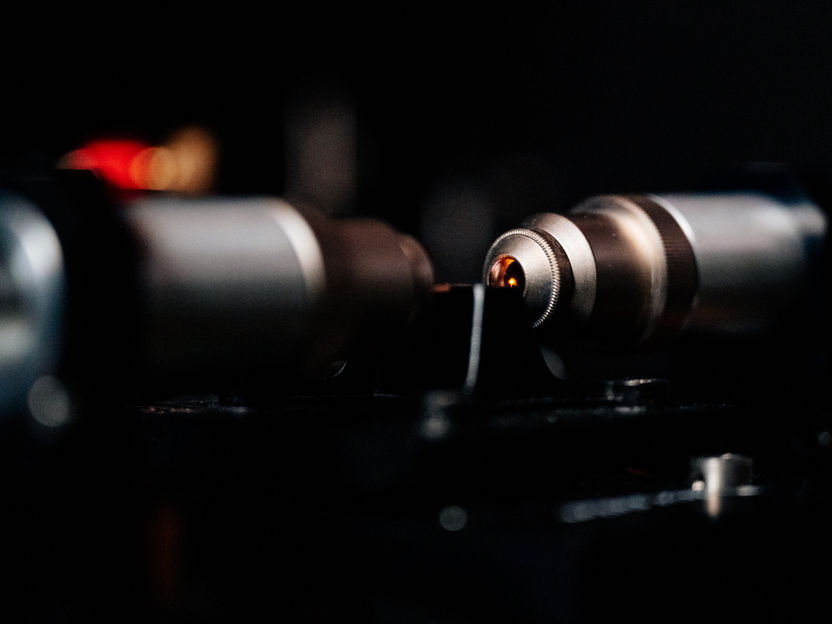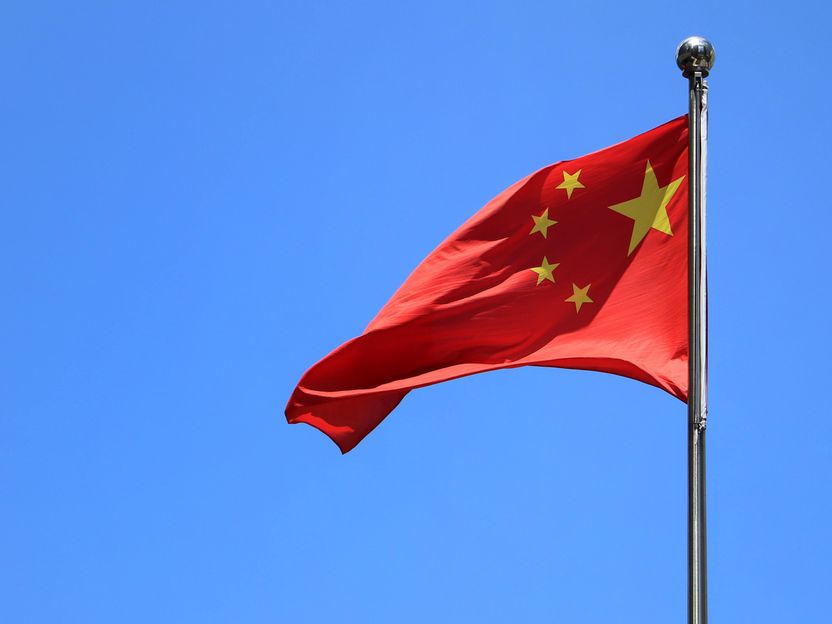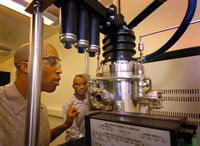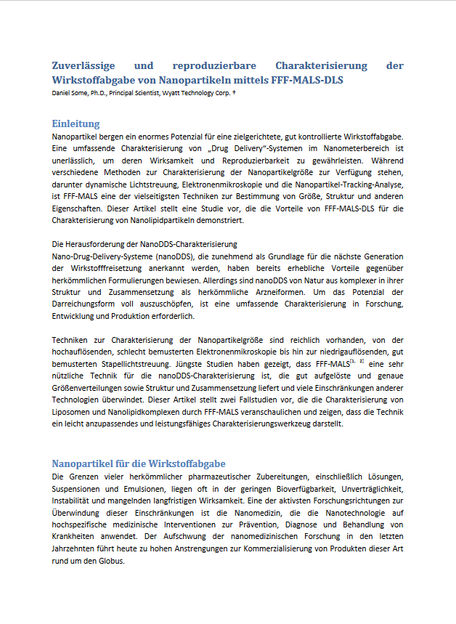Fresh ideas in particle and dispersion sciences
Nominated for LUM Young Scientist Award 2018
The 8th International Conference dispersion analysis & Materials Testing is hosted by LUM GmbH in Berlin, Germany, from 29-30 January 2018. Here, during this now traditional interdisciplinary event, particle scientists meet product formulators; application engineers meet scholars from extremely different application areas. All have in common the use of STEP-Technology® for particle and dispersion characterization respectively the use of CAT-Technology® for the timesaving determination of adhesion forces and composite strength. Both technologies developed by LUM.
Once again, one highlight of the event will be the session dedicated to Young Scientist Award 2018. This prize is donated by LUM GmbH for outstanding scientific achievements in the fields of particle and dispersion analysis and materials testing. From all applicants the best four candidates were nominated and invited to discuss their results during the conference.
Sophie Kühne from TU Bergakademie Freiberg (Germany) reports on the agglomeration behavior of emulsion-slurries (suspensions, which contain, apart from a disperse solid phase, also a disperse liquid phase) before and after Cake. This work has significant influence on the processing of e.g. Pickering emulsions or oil sands.
Yong-zhu Wen of the global company Master Kong Co. Ltd, Shanghai, China, presents his results on the prediction of the oil slick flotation in fruit drinks by instrumental analysis. The aim of this project is to predict and improve the oil slick flotation in juice beverage and optimize product formulation by taking the shortest possible time.
Georg Surber (Technical University Dresden) investigates exopolysaccharides in fermented dairy products (e. g. yoghurt, fresh cheese) and their effects on the sedimentation behaviour during manufacture and storage. This reflects a further important application area in food industries for analytical instruments made by LUM.
The evaluation of analytical centrifugation performance for the particle size analysis of real-world materials is in the focus of the contribution by Christian Ullmann of Technical University Dresden, Germany. The results highlight the potentials of this method for nanoparticle characterization in comparison to other techniques, too.
Most read news
Topics
Organizations
Related link
Other news from the department science

Get the chemical industry in your inbox
By submitting this form you agree that LUMITOS AG will send you the newsletter(s) selected above by email. Your data will not be passed on to third parties. Your data will be stored and processed in accordance with our data protection regulations. LUMITOS may contact you by email for the purpose of advertising or market and opinion surveys. You can revoke your consent at any time without giving reasons to LUMITOS AG, Ernst-Augustin-Str. 2, 12489 Berlin, Germany or by e-mail at revoke@lumitos.com with effect for the future. In addition, each email contains a link to unsubscribe from the corresponding newsletter.
Most read news
More news from our other portals
See the theme worlds for related content
Topic World Particle Analysis
Particle analysis methods allow us to study tiny particles in various materials and reveal their properties. Whether in environmental monitoring, nanotechnology or the pharmaceutical industry, particle analysis gives us a glimpse into a hidden world where we can decipher the composition, size and shape of particles. Experience the fascinating world of particle analysis!

Topic World Particle Analysis
Particle analysis methods allow us to study tiny particles in various materials and reveal their properties. Whether in environmental monitoring, nanotechnology or the pharmaceutical industry, particle analysis gives us a glimpse into a hidden world where we can decipher the composition, size and shape of particles. Experience the fascinating world of particle analysis!
Last viewed contents
Serotonin_transporter
Wurtz_reaction

Researchers are improving technology to generate high harmonics in nanostructured metasurfaces
Mary_the_Jewess
Category:Entactogens_and_Empathogens

DKSH extends partnership with Bruker in China - Distribution agreement to expand coverage for Bruker’s 3D X-ray Microscopy product portfolio for non-destructive imaging technology

Nanotube forests grown on silicon chips for future computers, electronics
Shape-shifting organic crystals use memory to improve plastic electronics
VWR Enters into Definitive Agreement with Avantor - Avantor to Acquire VWR for $6.4 Billion
Category:Modern_human_genetic_history
Category:Alkaloids





























































